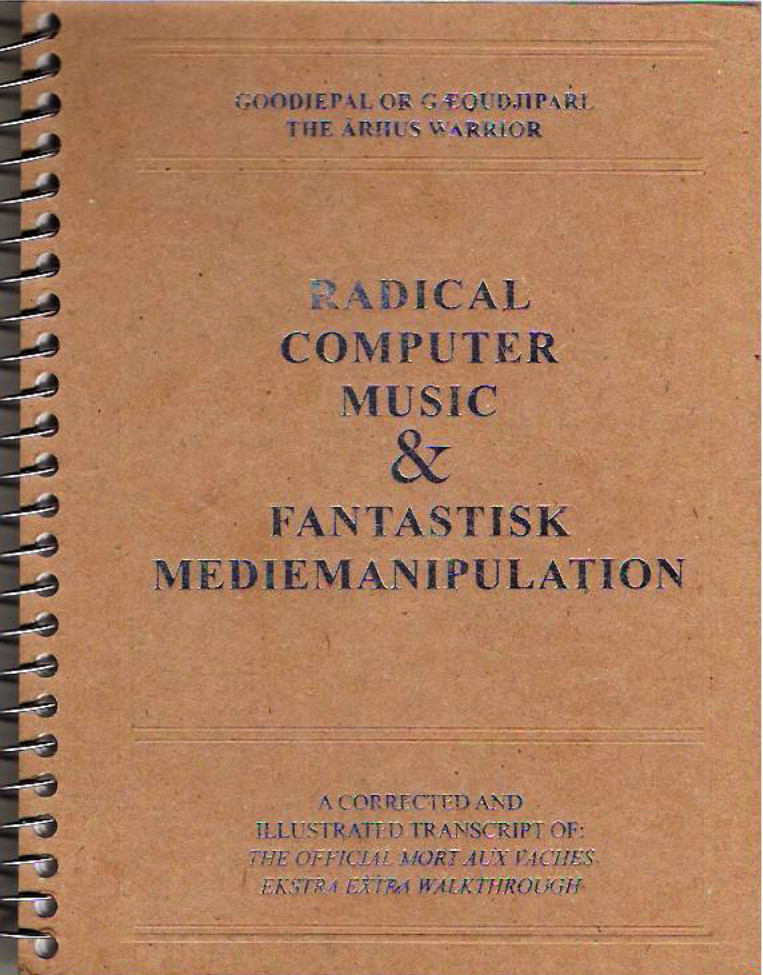Peter Jakobsson: Öppenhetsindustrin / Openness Industry (2012) [Swedish]
Filed under thesis | Tags: · business, copyright, creative industries, crowdsourcing, governmentality, ideology, internet, media industry, openness, openness industry
“Over recent decades several competing descriptions of the media and cultural industries have been put forward. The media and cultural industries have been described as creative industries, copyright industries, and as constitutive of an experience economy. One key element in these descriptions has been the importance of copyright law in a postindustrial economy.
The present study is an analysis of an emerging idea of an industry that functions, in part, outside of the market created by copyright law, and by exploiting, or by building markets on top of, digital, cultural and informational commons. The study is about how this idea is expressed in various forms by business organisations, companies, consultants and policymakers. I have invented the concept of the openness industry to denote the businesses that these organisations and policy makers claim are forerunners and promoters of the idea of ‘openness’ as a business model for the media industry. The purpose of the thesis is to analyse the governmentality and ideology of the openness industry.
A key element in the idea of the openness industry is that internet users can be persuaded to produce symbolic products for it by other means than the economic incentives provided by copyright. Another key element is the high value placed on single individuals in the creation of economic value; but in contrast to how the copyright industries are thought to be dependent on ‘authors’, the openness industry relies on the ‘entrepreneur’. Previous notions of the media and cultural industries have given publishers and producers of film, music and games a central role.The companies that are seminal to the idea of the openness industry are internet and technology companies.” (Abstract)
Doctoral thesis
Media and Communication, Örebro University, Sweden, 2012
Supervisors: Göran Bolin, Mats Ekström
ISBN 9789176688533
209 pages
commentary (Jonas Andersson, in Swedish)
Comment (0)Sandra Braman: Change of State: Information, Policy, and Power (2006)
Filed under book | Tags: · copyright, data, governance, information policy, internet governance, law, politics, power, technology

As the informational state replaces the bureaucratic welfare state, control over information creation, processing, flows, and use has become the most effective form of power. In Change of State Sandra Braman examines the theoretical and practical ramifications of this “change of state.” She looks at the ways in which governments are deliberate, explicit, and consistent in their use of information policy to exercise power, exploring not only such familiar topics as intellectual property rights and privacy but also areas in which policy is highly effective but little understood. Such lesser-known issues include hybrid citizenship, the use of “functionally equivalent borders” internally to allow exceptions to U.S. law, research funding, census methods, and network interconnection. Trends in information policy, argues Braman, both manifest and trigger change in the nature of governance itself.
After laying the theoretical, conceptual, and historical foundations for understanding the informational state, Braman examines 20 information policy principles found in the U.S Constitution. She then explores the effects of U.S. information policy on the identity, structure, borders, and change processes of the state itself and on the individuals, communities, and organizations that make up the state. Looking across the breadth of the legal system, she presents current law as well as trends in and consequences of several information policy issues in each category affected.
Change of State introduces information policy on two levels, coupling discussions of specific contemporary problems with more abstract analysis drawing on social theory and empirical research as well as law. Most important, the book provides a way of understanding how information policy brings about the fundamental social changes that come with the transformation to the informational state.
Publisher MIT Press, 2006
ISBN 0262025973, 9780262025973
545 pages
Goodiepal or Gaeoudjiparl The Århus Warrior: Radical Computer Music & Fantastisk Mediemanipulation (2009)
Filed under book | Tags: · computer music, game, music

“The term Radical Computer Music was coined by Goodiepal in relation to the Mort Aux Vaches Ekstra Extra compositional game scenario. It promotes an expanded dialogue between human beings and artificial and alternative intelligences as a way to transgress a condition of stagnation, according to Goodiepal prevailing in contemporary computer music and media art. The game scenario is an exercise in the creation of musical scores to challenge the mindset of ‘other’ intelligences, considering issues such as utopia, time, notation techniques, language, levels of unscannability, and the role of the composer.
Mort Aux Vaches Ekstra Extra was launched as an educational program at a special lecture given in April 2008 at the 5th Berlin Biennial for Contemporary Art, the work as such was first premiered in October 2007 at a solo exhibition at Andersen’s Contemporary in Copenhagen, Denmark.
Towards the end of 2008, Goodiepal created what he considers an expert panel consisting of members with various skills and backgrounds such as Andreas Hauer-Jensen, Anders Jørgen Mogensen, Uglemads, Martha Hviid and Tordis Berstrand. He has since taken the panel around Europe to help him lecture and perform and during the trips told them most of the secrets behind the Mort Aux Vaches Ekstra Extra game scenario and Radical Computer Music. Some of these ideas are also described in Radical Computer Music & Fantastisk Mediemanipulation: A Corrected and Illustrated Transcript of the Official Mort Aux Vaches Ekstra Extra Walkthrough published in 2009 and offered here for download.” (Wikipedia)
Publisher MPH/Pork Salad Press, Portland/Copenhagen, 2009
ISBN 9781934399125, 1934399124
76 pages
via Radio Web MACBA
video reading 1:21h
Radical Computer Music at Wikipedia

